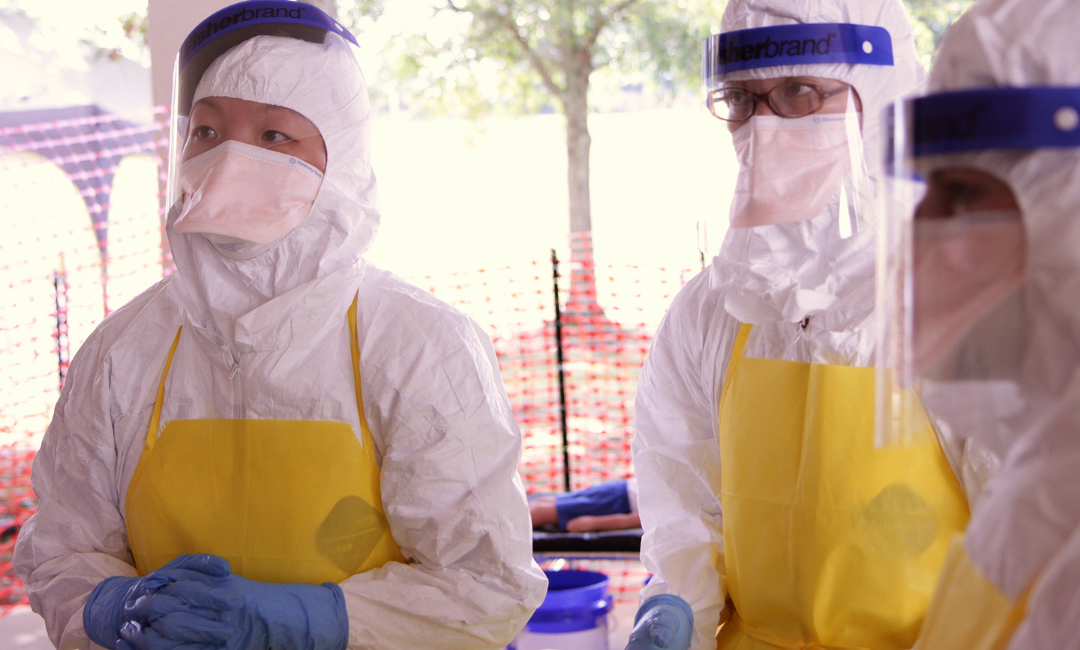Navigating Generative AI
Meanwhile, a new consortium of health care leaders, the Trustworthy and Responsible AI Network, will “operationalize responsible AI principles” in the industry. The network was announced in March at the HIMSS 2024 Global Health Conference and features more than a dozen organizations, including Microsoft as the “technology enabling partner.”
Its goal is to set best practices, provide a way to measure the success of AI implementation, and to help develop a “federated national AI outcomes registry” to help health care professionals nationwide.
“AI has incredible potential to transform health care; however, it’s crucial that we harness this power ethically, responsibly, and with safety at the forefront,” John Brownstein, Ph.D., chief innovation officer at Boston Children’s Hospital, said in a news release. “As we continue to face complex and multifaceted challenges in health care, it’s imperative that we come together as a community to navigate this new frontier and ensure that the benefits of AI are implemented equitably among all patients and providers.”
That navigation occurs not only at the health system level but also in education. Jung In Park, an associate professor at UC Irvine’s Sue and Bill Gross School of Nursing, shares her experience working with large data sets and machine learning with students.
“I believe nursing can benefit from this era of big data science,” she said in a Q&A on the UCI website, “as there is a growing need for new discoveries from large quantities of health data to provide evidence-based care.”
A UCI nursing student helped create KidoCare, an “AI-driven platform that improves the experience of hospitalized children.” Nursing science graduate student Mahkameh Rasouli, along with five other students, developed the program to engage in conversation with children and tailor entertainment options to the individual.
The project garnered second place in the university’s ANTrepreneur Center AI Innovation Challenge.









